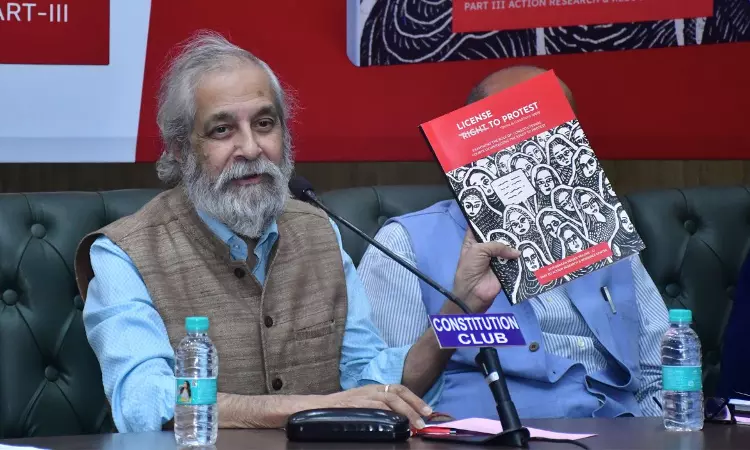Part III Action Research & Resource Centre has unveiled the second volume of its Samvidhan Series, titled “License to Protest: Examining the Role of Constitutional Courts in Upholding the Right to Protest.” The report was launched at the Constitution Club of India, featuring a panel discussion with renowned figures including Justice (Retd.) Madan B. Lokur, Justice (Retd.)...

